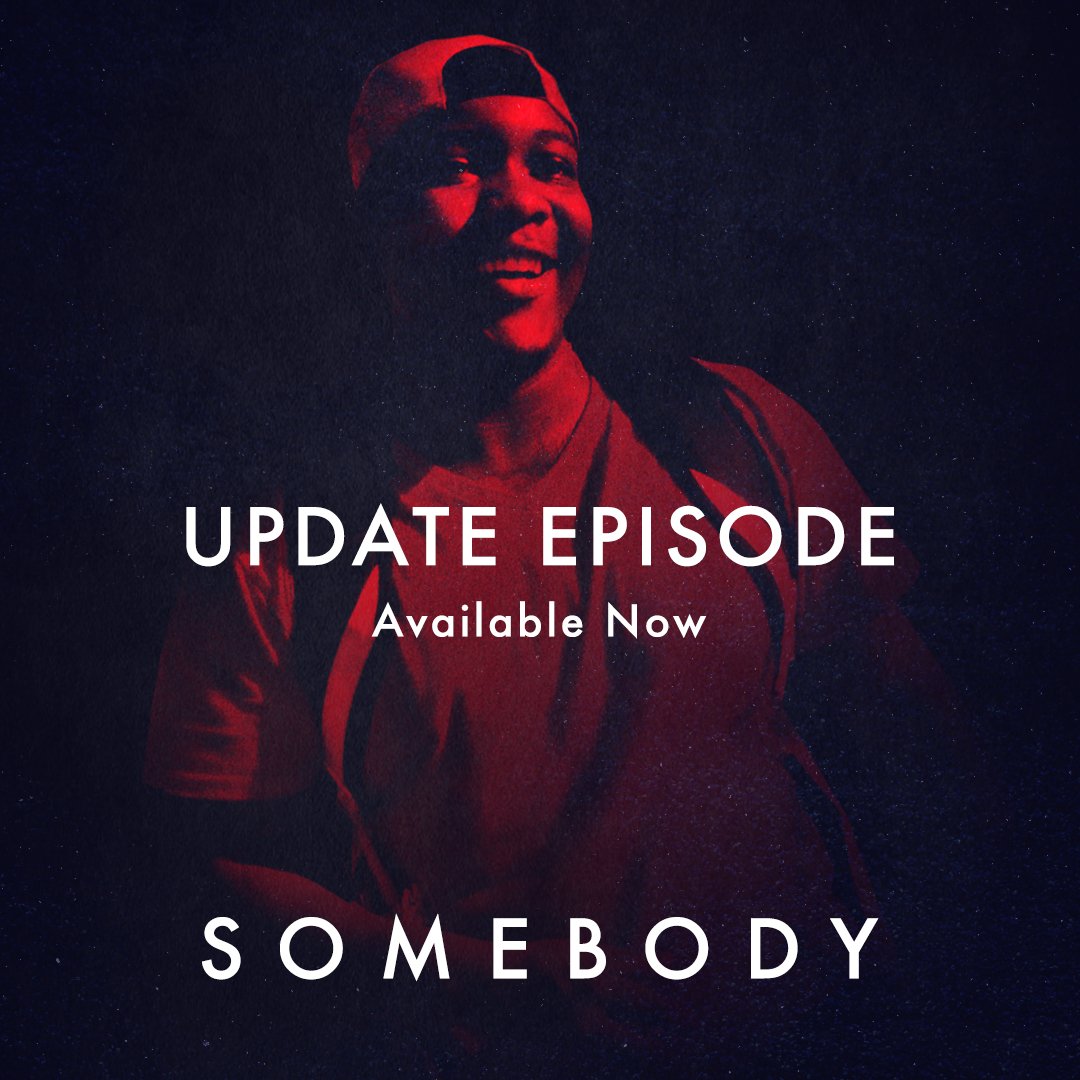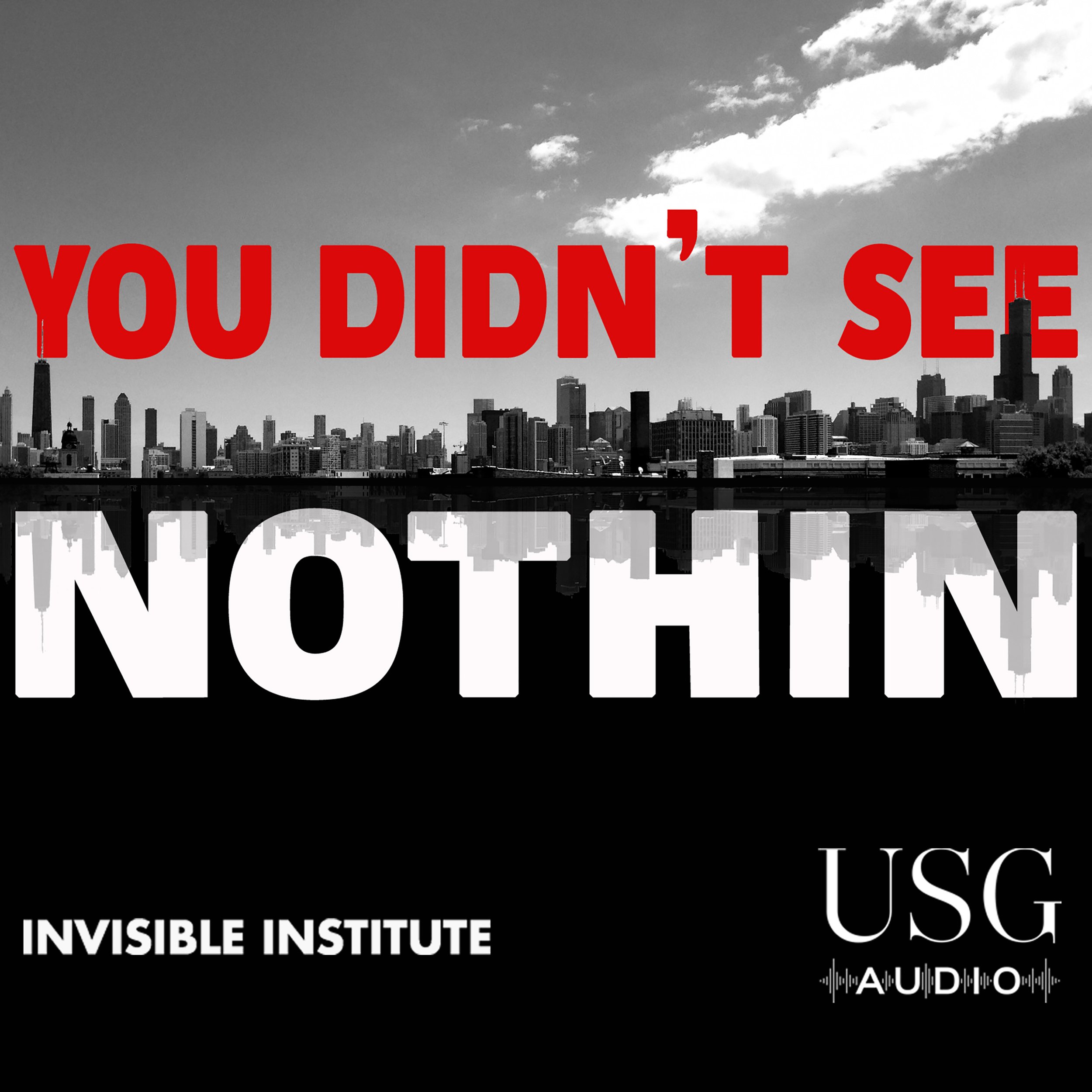Three years after the release of the “Somebody” podcast, Chicago continues to block the full release of the inspector general report investigating the police response to Courtney Copeland’s murder. In this update episode, Shapearl Wells discusses the summary findings of the report that were publicly shared while she presses on for full transparency.
Jamie Kalven: It’s inconceivable CPD’s new leader was unaware of disgraced ex-Sgt. Ronald Watts’ activities /
In his comments after Mayor-elect Brandon Johnson announced his appointment as interim police superintendent, Fred Waller described himself as “old school.” Presumably, this was meant to reassure the department’s rank and file and city residents concerned about crime. In this fraught moment, as summer approaches, it’s easy to imagine that Johnson was drawn to Waller as a calming, seasoned presence able to address challenges in the days ahead, while conveying to officers under his command that he has their back.
In the context of the long struggle to advance meaningful police reform, however, “old school” has other, more disturbing connotations associated with the “code of silence” within the department.
Often used loosely to characterize police culture, the term “code of silence” is at once imprecise and inevitable. So it’s important to be clear: I intend it to refer to a set of tools, central to the operation of the department, that are deployed in response to incidents of misconduct, criminality, errors of judgment and other regrettable events. These tools are used to impose a narrative solution rather than to engage the problem at hand. This is less a matter of discreet “cover-ups” than the ongoing operation of narrative machinery by which the institution seeks to protect itself from scrutiny and accountability.
You Didn't See Nothin Named One of Vulture's "Best Podcasts of 2023" /
There’s a mythical quality to the premise of You Didn’t See Nothin. The injustice of a horrible crime leads a man to investigative journalism, but he becomes disenchanted and ultimately leaves the profession altogether due to the force of its constraints. Years later, he returns to that instigating story, looking to settle a spiritual score. The individual in question is Chicago writer and designer Yohance Lacour, and the story he revisits is a hate crime that took place in the late ’90s: a young Black boy, Lenard Clark, beaten into a coma by a gang of white teenagers for simply being in the wrong place at the wrong time. You Didn’t See Nothin is a fluid amalgam of things — memoir, journalism, social history — but above all, it’s a spirited litigation of a systemic failure. It’s an outstanding listen. Lacour is a fantastic writer and an even better narrator.
‘You Didn’t See Nothin’ Podcast Takes A Closer Look At The Lenard Clark Case And Its Impact On A Fractured City /
Twenty-six years ago this week, a 13-year-old Bronzeville boy looking to put air in his bicycle tire became the victim of a vicious, racist attack that haunted his Chicago neighborhood for years.
“You Didn’t See Nothin” is a seven-part podcast that dives into the case of Lenard Clark. Produced by USG and the Invisible Institute, the podcast is narrated by journalist Yohance Lacour, who takes a look back at life as a young man during that tumultuous time.
At the time, Lacour, who grew up in Hyde Park, was a 23-year-old budding journalist and student at the University of Illinois Chicago living at home with his father and selling weed to keep money in his pockets. Once the business started to grow, he left school behind, he said. That decision set him on a path that led to a multi-year prison sentence.
Release Full Watchdog Probe of My Son’s 2016 Death Outside Police Station, Mom Demands /
A Cicero woman is calling on Chicago officials to release the full probe completed by the city’s inspector general into how the Chicago Police Department investigated the 2016 murder of her 22-year-old son.
Courtney Copeland died while handcuffed after asking police officers for help after being shot. More than seven years after Copeland’s death, no one has been charged with his murder, and his mother, Shapearl Wells, is left with few answers.
“It’s very painful,” Wells said. “Seven years, and we still don’t have the answers. We still don’t know what happened to my son. Seven years, I’m still fighting, trying to find the truth.”
Wells said she remains determined to solve her son’s murder and will not stop demanding answers from the Chicago Police Department, which she said botched not only its response to Copeland’s plea for medical assistance but also the investigation into his murder.
Chicago Blocks the Release of Inspector General Report Prompted by "Somebody" Podcast /
New from Jamie Kalven & Alison Flowers is an update on the ongoing Courtney Copeland case, out now in The Intercept.
Read MorePodcast ‘You Didn’t See Nothin’ In The Works From Yohance Lacour & USG Audio /
USG Audio, the podcast division of Universal Studio Group, is launching its latest audio series. The company has teamed up with Yohance Lacour, a formerly incarcerated writer, on You Didn’t See Nothin, a seven-part series that investigates the 1997 race-related attack on Lenard Clark. The show is produced by USG Audio and the Invisible Institute, which produced 2020 Pulitzer Finalist podcast Somebody.
Read MoreRemaking the Exceptional Named Top 50 Exhibitions of the Year /
Connecting the human rights abuses of Gitmo with those committed closer to home at the hands of the Chicago Police Department (CPD), Remaking the Exceptional: Tea, Torture, & Reparations | Chicago to Guantánamo managed to be enraging, heartbreaking — and replete with the humanity of creative resistance.
Read MoreAndrew Fan Named Interim Executive Director /
“I am excited to step into this leadership role and continue to work alongside this incredible team. My colleagues put serious care into all elements of their work, including how they approach investigations and how they prioritize forming lasting relationships in the communities that we cover,” said Fan.
Read MoreTrina Reynolds-Tyler Named One of 10 Leaders for a New Chicago /
For her work on the Beneath the Surface Project, Trina Reynolds-Tyler has been recognized as one of 10 Leaders for A New Chicago by the Field Foundation and MacArthur Foundation.
Read MoreJamie Kalven wins I.F. Stone Medal for Journalistic Independence /
Jamie Kalven, founding executive director of the Invisible Institute, has been selected as winner of the 2022 I.F. Stone Medal for Journalistic Independence by the Nieman Foundation for Journalism at Harvard University.
Read More"Crossings" Exhibit Opens at the Chicago Artists Coalition /
Informed by Chinua Achebe’s African Trilogy and Wole Soyinka’s poetry, developmental director Anwulika Anigbo asks: what is the purpose of collecting memory outside of proving our legitimacy in a battle to fabricate a truth viewed as absolute?
Read More"61st Street" Premiers /
61st St, a dramatic series on which Jamie Kalven worked as consultant, premiered on April 10 on AMC+ and ALLBLK.
Read MoreDePaul Exhibit Opens "Remaking the Exceptional: Tea, Torture, and Reparations" /
From the Invisible Institute, Maira Khwaja, managing editor of the Chicago Police Torture Archive, contributes new research on the connections between Chicago Police and the U.S. Military.
Read MoreBeneath the Surface Launches /
Our data science team, led by Trina Renyolds-Tyler, supported by the Human Rights Data Analysis Group (HRDAG) and shaped by the community, built a machine-learning tool based on volunteer analysis of police complaint records. Today, we celebrate the launch of this project, Beneath the Surface.
Read MoreBeneath the Surface Workshop /
What additional public resources are needed? How can this evidence become part of the public conversation? How can it aid in shifting the conversation and priorities of the City? Join us in a discussion as part of our ongoing project into patterns of police neglect, Beneath the Surface.
Read MoreNonprofit leader Hilesh Patel Named Next Executive Director /
Invisible Institute’s Board of Directors has announced that Hilesh Patel, an experienced and highly regarded nonprofit leader who has worked in Chicago communities for more than two decades, will be our next executive director. He will succeed journalist Jamie Kalven, the Invisible Institute’s founder and executive director, in September. Jamie will continue his work as a journalist and member of our team.
Read MoreSomebody Podcast Teaching Guide Released /
The Somebody Podcast Curriculum consists of 10 lessons focused on strengthening high school students’ critical listening abilities. The curriculum includes close-listening excerpts from the podcast along with transcripts and guided questions. It is meant to be adaptable for students doing online distance learning.
In this moment when the relationship between police and communities of color is beneath a microscope, these lessons present an opportunity to bring those larger conversations into the classroom.
Read MoreInvisible Institute Wins a Pulitzer, Finalist for Second /
The Invisible Institute was awarded the 2021 Pulitzer Prize in “National Reporting” for our year-long investigation of K-9 units and the damage that police dogs inflict on Americans, alongside staff at The Marshall Project; AL.com, Birmingham; and IndyStar, Indianapolis. The Invisible Institute was also named a finalist in the “Audio Reporting” category, alongside The Intercept and Topic Studios, for “Somebody”, our investigation with Shapearl Wells into the 2016 killing of her son, 22-year-old Courtney Copeland, outside of a Chicago Police station.
Read MoreChicago Police Torture Archive Launches /
The People’s Law Office (PLO), which had worked alongside activists and in the courts to hold the City to account, donated its files to the Pozen Center for Human Rights at the University of Chicago in 2017. Pozen, in turn, asked the Invisible Institute to digitize, curate, and publish the legal archive. Our goal is to make these digitized records accessible to the public and to complement the ecosystem of historicizing survivors’ stories of police torture in Chicago.
Read More



